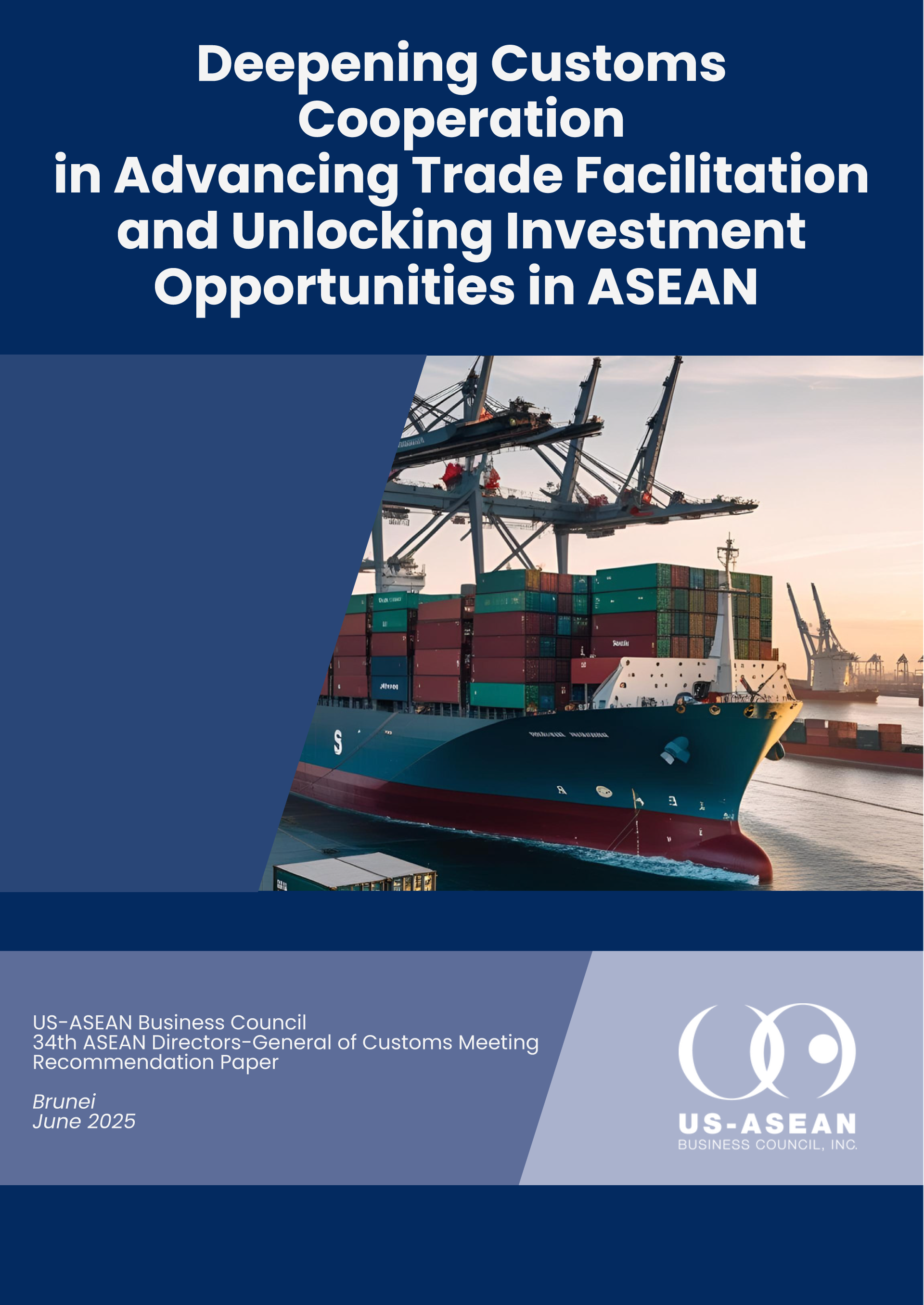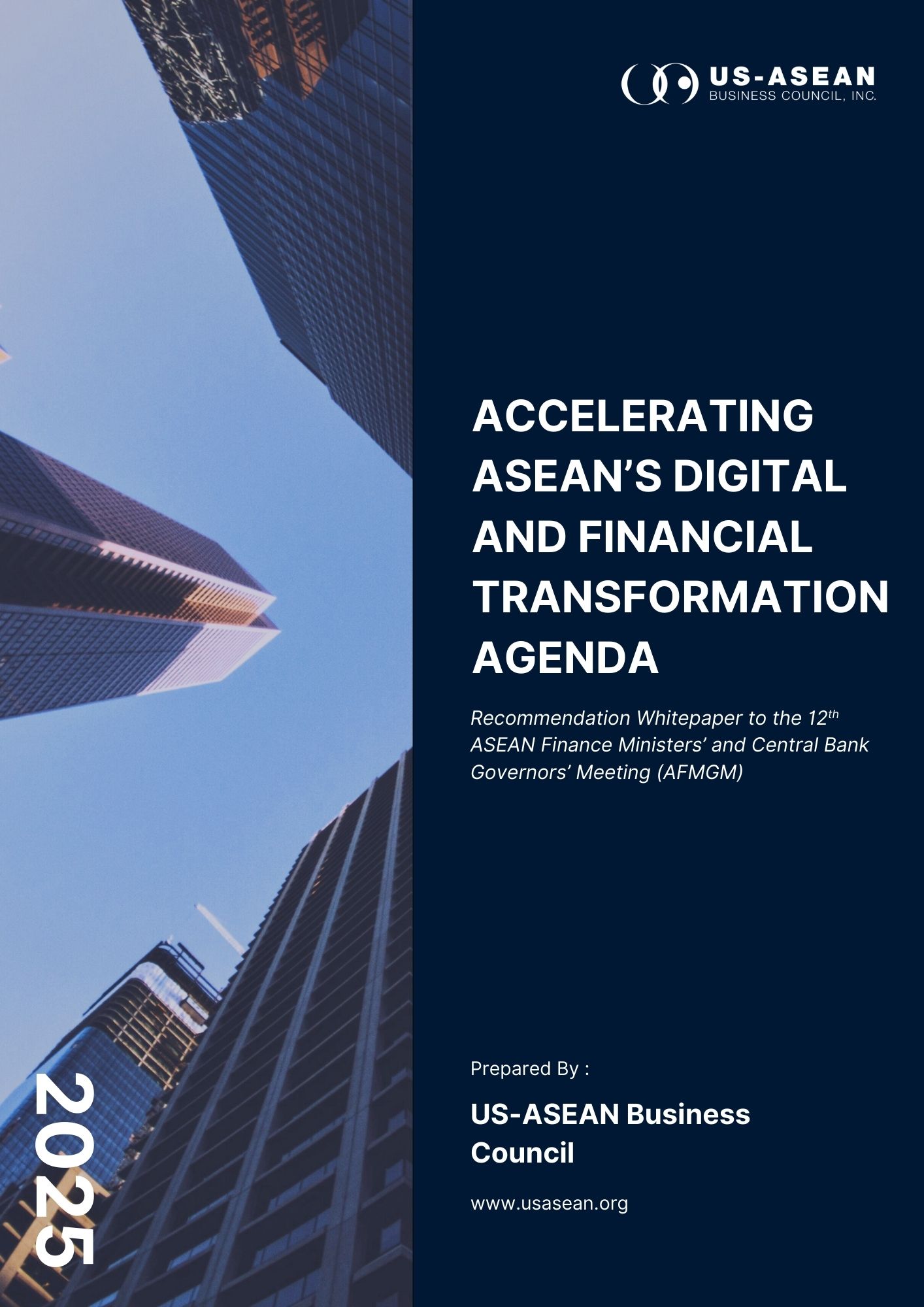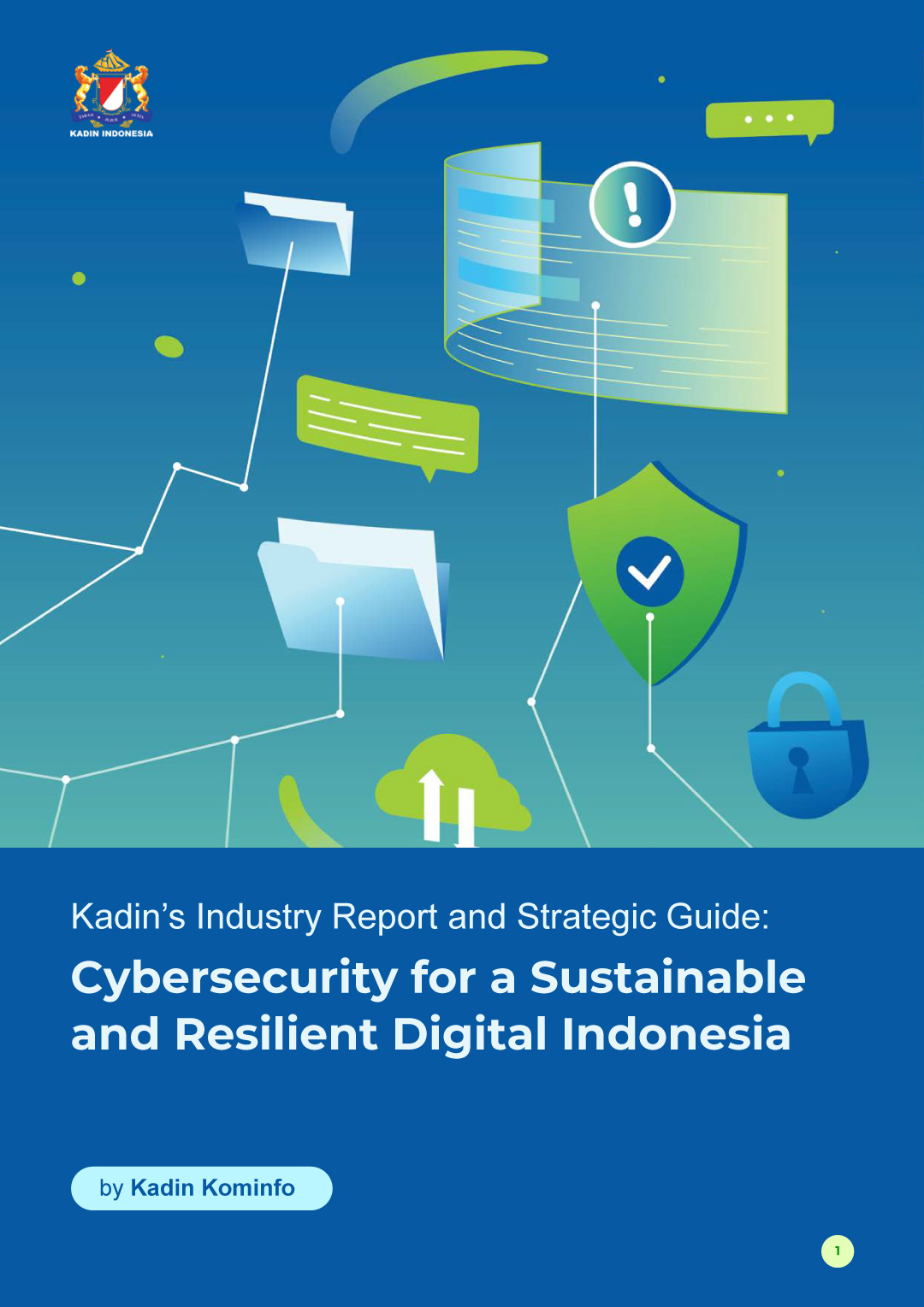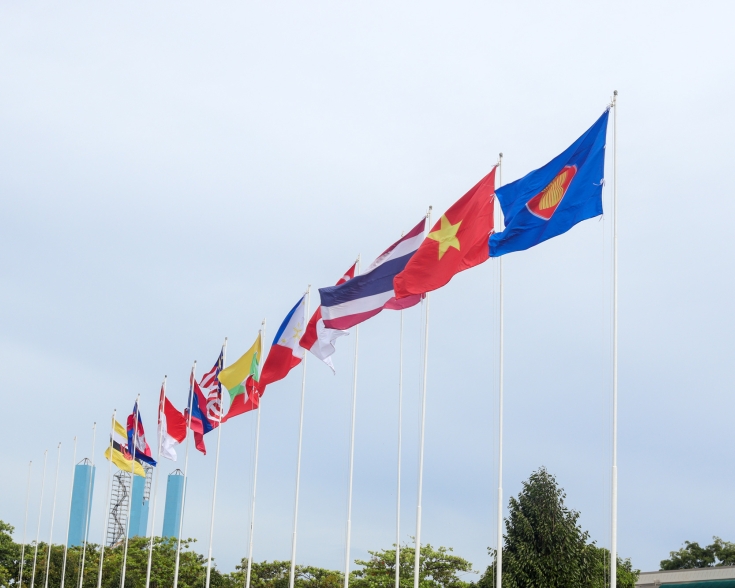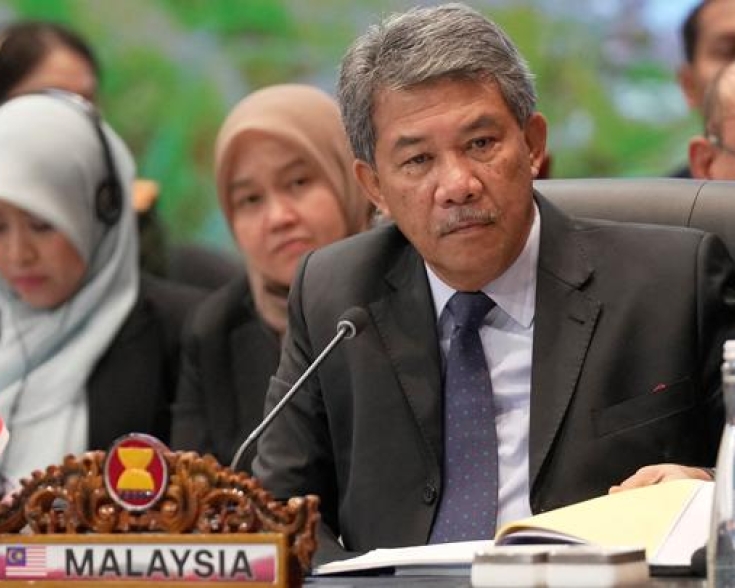2023 Economic Review and Approval of Vietnam’s 2024 Socio-Economic Development Plan

On the first day of the 15th National Assembly's sixth plenary session, Prime Minister Pham Minh Chinh delivered a report on Vietnam’s socio-economic performance in 2023 and the proposed plan for 2024. The economy has shown growth at 5.33% in the third quarter and 4.24% for the first nine months of 2023, including a nine-month trade surplus of nearly US$22 billion and realized FDI investment of US$16Bn, a 2.2% increase compared to the same period in previous year. The Prime Minister also underscored Vietnam’s notable advancement by 12 spots in the Economist Intelligence Unit (EIU)'s latest business environment rankings, becoming the biggest mover worldwide.
However, challenges remain, including meeting economic growth targets and maintaining macroeconomic stability due to external pressures. The government's focus for the remainder of 2023 involves prioritizing growth, stabilizing the economy, controlling inflation, enhancing investment, consumption, and exports, along with addressing production and business challenges to achieve a GDP growth rate of over 5% and maintain inflation between 3.5% and 4%.
The Socio-Economic Development Plan for 2024 was then approved on November 9. The plan sets ambitious economic targets for 2024, with 12 socio-economic targets, including a 6% - 6.5% GDP growth in 2024, a per capita GDP of US$4,700 – US$4,730 per person, a GDP proportion of manufacturing-processing sector of 24.1 - 24.2% an average growth of consumer price index (CPI) of 4 – 4.5%, and an average social labor productivity growth rate is 4.8% - 5.3%.
The plan also emphasized the development of key areas such as green economy, digital economy, circular economy, along with semiconductor manufacturing and e-commerce, setting specific goals: training 50-100,000 high-skilled workers for semiconductor manufacturing by 2030, promoting scientific research and private investment in green hydrogen and semiconductor, completing offshore renewable energy survey and assessment in accordance with COP26 and Just Energy Transition Partnership (JETP) commitments. According to the Plan, in 2024, 23 draft laws are set to be presented to the National Assembly for review and potential amendments, including Law of Geological and Mineral Resources.

